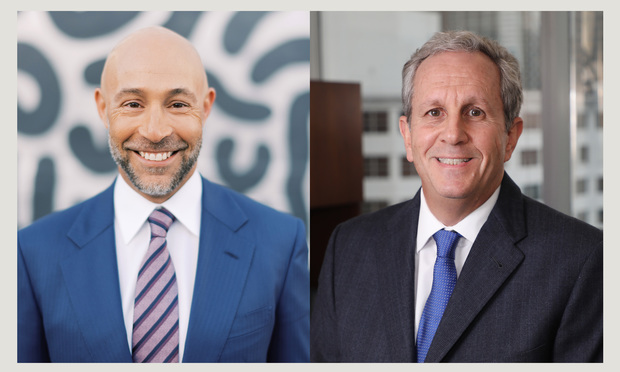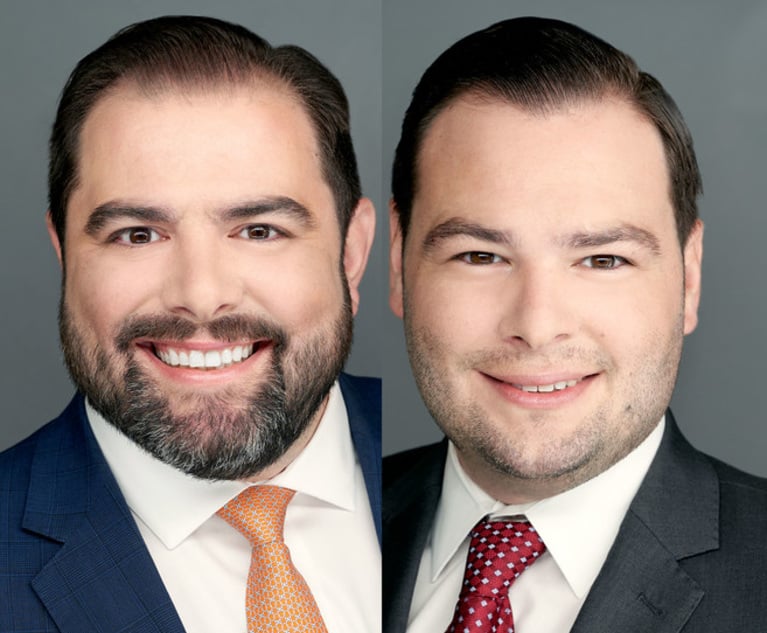Litigators pride themselves on their courtroom expertise and right now, some are making unprecedented preparations to win their next case.
Judd Gordon Rosen, the managing partner of Goldberg & Rosen, is preparing for a world where jury trials are delayed until 2021.
“Insurance companies are banking on the fact that there is no end in sight for a trial, and it will make them less likely to want to pay,” Rosen said. “Insurance companies usually don’t pay out of the goodness of their hearts. They pay because if they don’t pay, it’s going to hurt worse than if they do pay.”
That does not mean that Rosen won’t arrange for his clients to have medical services in the interim. Physical therapy clinics are still open, but he says some of his clients are reluctant to go to their appointments. Neurologists and orthopedic clinics are much better, as they have embraced virtual appointments.
Yet, Rosen says there are drawbacks when a client who was a victim in a car accident, for instance, obtains medical help through an appointment with a health care provider via telephone, or telemedicine.
“If a person has neck pain, the doctor is evaluating him over the phone, performing the physical through video conferencing and documenting the condition,” Rosen said. “At trial, both sides are going to harp on the fact that the doctor can’t put his hands on the patient and can’t feel the spasms.”
For instance, Rosen says, if the client has other pains, the physician will not be able to personally conduct a straight leg raising test. This test is used to measure back pain. Despite the limitations on physician examinations conducted by telemedicine, Rosen hopes that a jury will be sensitive to what his client has had to live through during this pandemic.
“But if a jury that has to live through this crisis, hears that a person is doing all they can, they will be understanding,” Rosen said,
Andrew S. Berman, a partner at Young, Berman, Karpf & Gonzalez, says the last couple of weeks for his firm have been seamless, but Berman shares similar worries to Rosen.
In his practice, Berman is still using the services of investigators and expert witnesses. However, he notes their techniques have been modified, given the requirement of social distancing.
Like his investigators and expert witnesses, Berman too had to adjust to a new normal. The attorney says one of his main concerns involves deposing a critical witness remotely. With the computer camera focused solely on the witness, Berman can’t see who else might be in the room with the witness and possibly coaching the witness’ answers.


 Judd G. Rosen,left, of Goldberg & Rosen and Andrew S. Berman,right, of Young Berman Karpf & Gonzalez
Judd G. Rosen,left, of Goldberg & Rosen and Andrew S. Berman,right, of Young Berman Karpf & Gonzalez





